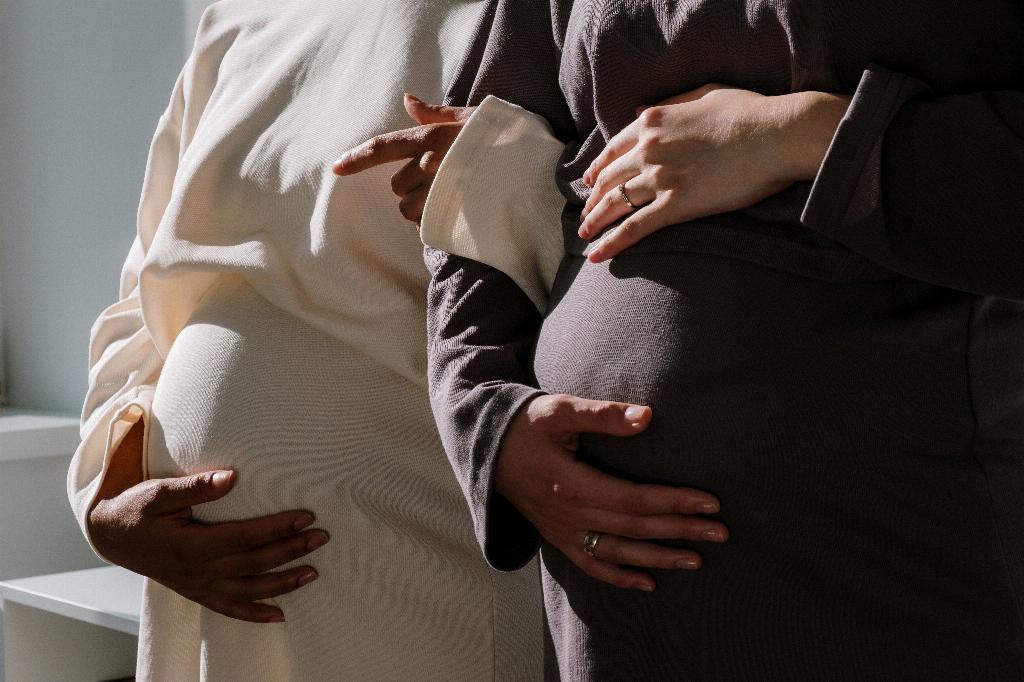During pregnancy, numerous changes occur in your body to support the growing baby. One common issue that many pregnant individuals face is dry lips. This can be attributed to several factors related to the physiological changes that take place during this time.
1. Hormonal Imbalances
Hormonal fluctuations are a hallmark of pregnancy. The surge in hormones like estrogen and progesterone can impact the moisture levels in your body, leading to dryness in various areas, including your lips.
2. Increased Fluid Needs
When you’re pregnant, your body requires more fluids to support the increased blood volume and the amniotic fluid surrounding the baby. If you’re not consuming an adequate amount of water, it can result in dehydration, which often manifests as dry, chapped lips.
3. Nutritional Deficiencies
Inadequate intake of essential nutrients like vitamins A, C, and E, as well as B vitamins, can contribute to dry lips during pregnancy. Ensuring a well-balanced diet rich in these nutrients is crucial for maintaining healthy skin, including the delicate skin on your lips.
4. Environmental Factors
Changes in weather conditions or exposure to dry air can exacerbate lip dryness during pregnancy. Cold or windy climates, indoor heating, and air conditioning can all strip moisture from your lips, making them feel parched.
5. Dehydration
Pregnancy can bring about symptoms like nausea, vomiting, and increased urination, all of which can contribute to dehydration. When your body lacks sufficient hydration, it can reflect in the form of dry, cracked lips.
6. Medications and Skin Care Products
If you’re using certain medications or skincare products during pregnancy, they could be drying out your lips. Some medications have side effects that affect skin moisture levels, while harsh lip balms or lipsticks may also contribute to dryness.
7. Allergic Reactions
It’s possible that you may develop allergies to certain foods, beverages, or lip products during pregnancy, leading to dryness and irritation on your lips. Identifying and avoiding triggers can help alleviate this issue.
8. Stress and Fatigue
The physical and emotional demands of pregnancy can take a toll on your body, potentially causing stress and fatigue. These factors can impact your body’s ability to retain moisture, resulting in dry, uncomfortable lips.
9. Gestational Diabetes
In some cases, gestational diabetes, a form of diabetes that develops during pregnancy, can affect skin health, including the lips. High blood sugar levels can lead to dryness and skin issues, requiring proper management.
10. Hormone-Induced Skin Changes
Aside from hormonal imbalances, pregnancy can trigger changes in skin elasticity and moisture retention. These shifts can affect the barrier function of your lips, making them more susceptible to dryness and peeling.
11. Lack of Lip Care
With all the focus on caring for your baby, it’s easy to neglect your own skincare routine, including lip care. Regularly moisturizing your lips and protecting them from harsh environmental factors can help prevent dryness.
12. Consultation with Healthcare Provider
If you’re experiencing persistent dry lips or any concerning symptoms during pregnancy, it’s essential to consult your healthcare provider. They can assess the underlying causes and provide recommendations for managing and alleviating lip dryness effectively.

